UTI Management: Essential Advice for Women’s Health

UTI is a general term for infections in the urinary tract, essentially the bladder and kidneys. Anyone can develop UTI, although the infection is very common in females due to their shorter urethras. Despite advanced medical and scientific study, UTIs have remained a health issue in recent years, causing feelings of discomfort and pain and risks of complications. In every individual’s life, knowledge and education about urinary tract infections (UTIs) are crucial.
Understanding Urinary Tract Infections (UTIs)
UTIs are infections in any part of the urinary system. Most involve the lower urinary tract. Women are more likely than men to get a UTI. If it’s contained in the bladder, it can be painful. However, severe illness can occur if the infection spreads to the kidneys. Bacteria, especially E. coli, are the most common cause of UTIs. This urinary tract infection can include the urethra (urethritis), kidneys (pyelonephritis), and bladder (cystitis).
Urinary tract infections (UTIs) are common, especially in women and those assigned female at birth (AFAB), of whom half will experience at least one at some point in their lives. Some men and females assigned male at birth (AMAB) can be affected by UTIs as well. UTIs occur in only 1%–2% of children.
What are the UTI Symptoms in Females?
UTI symptoms in women may be characterized by any or a combination of the following:
- Frequent urination: There is a sudden urge to pass much more urine than usual.
- Burning sensation: There will be a burning sensation during urination.
- Pain in the pelvis: Experiences discomfort in the lower pelvis or abdomen.
- Cloudy or bloody urine: Blood in urine is seen in women in some cases.
- Unusual urine odor: A very strong, unpleasant odor in the urine.
- Fever and chills: These are more symptoms in severe cases.
- Fatigue: Older women often experience feelings of tiredness, shakiness, confusion, or weakness.
- Lower back pain: If the infection spreads to the kidneys, one could have the backache with lower back symptoms.
Take control of your UTI!
What Causes UTI in Women
UTIs are so common in women because they have a relatively shorter urethra, where E. coli bacteria may enter and move down to the bladder and easily extend into the kidneys if left untreated. Females with short urethras are more prone to these infections. The following are some of the common causes for urine infection in women:
- Bacterial infection: For most cases, UTI is caused by bacteria or yeast infections. Most UTIs are actually caused by bacteria, specifically Escherichia coli, known to be the regular inhabitant of the intestine.
- Sexual activity: This activity introduces bacteria into the urethra, making it susceptible to infection.
- Poor hygiene: Failure to adequately wipe after passing through the toilet, allowing bacteria to enter the urethra.
- Change in hormone levels: Hormonal alterations in menopause affect the vaginal environment and make it more prone to infection.
- Pregnancy: Hormonal changes during pregnancy can increase bacterial infections in the vaginal environment, while a growing uterus can pressure the bladder, making it difficult to empty, leading to UTIs.
- Diabetes: Diabetes increases the risk of UTIs due to high blood sugar levels, which promote bacterial growth, and nerve damage that affects bladder function, making it difficult to empty the bladder completely.
- Irritating products for feminine hygiene: Usage of harsh soaps, douches, and fragranced feminine hygiene products may cause an imbalance in the flora.
- Poor immune system: The diabetic patients or those with HIV can easily develop UTIs.
- Kidney stone or blockage in the urinary tract: A kidney stone or blockage is more likely to obstruct urine flow, creating an ideal environment for the growth of microorganisms.
- Catheterization: The presence of catheters, especially long-term, puts one at risk of infection.
- Barrier methods: Spermicides can kill good bacteria that keep UTIs away.
What are the Complications of UTI in Women?
Urine infection in women might lead to complications such as:
- Kidney infection (pyelonephritis): This complication is quite severe. It involves an infection spreading to the kidneys.
- Sepsis: A life-threatening blood infection that occurs in rare instances.
- Pelvic inflammatory disease (PID): In women, UTIs can sometimes spread to the reproductive organs, causing PID.
- Kidney scarring: Chronic UTIs may cause scarring of the kidneys, which over time will impair the function of the kidney.
- Preterm birth: During pregnancy, UTI infections increase the risk of the baby being delivered prematurely.
How is a UTI Diagnosed?
If one is suspected to have an UTI, they might be suggested with one or combination of the following tests after the symptomatic assessment and physical examination:
- Urine dipstick: A quick, immediate test where a strip of chemicals changes color to indicate the presence of white blood cells or bacteria.
- Urinalysis: A lab examines urine samples for signs of UTIs, including white blood cells, blood, or bacteria.
- Urine culture: A test for multiple UTIs or unsuccessful treatment, allowing bacteria to grow to identify the type of infection. It typically takes 1-2 days to cultivate, and results are received.
- Cystoscopy: A cystoscopy uses a cystoscope to look inside the bladder through the urethra.
- Ultrasound: An ultrasound is an imaging test that assists the doctor in looking at the internal organs.
- CT scan: A CT scan is another imaging test. It’s an X-ray that does cross sections of the body, like slices, creating 3D images of what’s inside the body.
- Urodynamics: Determines bladder function.
- IVP (intravenous pyelogram): IVP involves injecting dye into veins and assessing its movement from kidney to bladder using X-ray images, which may indicate kidney blockage or other issues.
Get personalized UTI care.
How are UTIs treated?
The UTI type determines the treatment, including bacterial, viral, or fungal. Doctors are able to differentiate between bacterial UTIs with test results. For bacterial UTIs, antibiotics are prescribed. For viral UTIs, antivirals are applied. In the case of fungal UTIs, antifungals are used.
How to Prevent UTIs in Females?
If these measures are followed, it is not guaranteed that it will not occur, but it can be avoided somewhat. UTIs can be prevented by the following measures and tips:
- Drink liquids in high amounts, mostly water, in order to dilute urine and cause more urination.
- Avoid spreading bacteria from the anus to the urethra during urination and defecation by wiping from front to back.
- Empties the bladder completely after sex and drinks a full glass of water to flush out bacteria.
- Avoid using feminine products like deodorant sprays, douches, and powders that would irritate the urethra.
- Infection necessitates changing birth control methods to prevent bacterial growth. Switch to a different method if using diaphragms, unlubricated condoms, or spermicidal jelly for birth control.
- Wash hands before toileting or showering.
- Genital cleaning and hygiene practices should be done regularly.
- Empty the bladder frequently and completely.
- Wear cotton underwear and loose-fitting clothes to keep the genital area dry.
- Choose showers over baths to prevent bacteria entry.
- Postmenopausal women may be prescribed a vaginal estrogen cream in some instances to increase resistance to infections.
Apart from these, if there are any imperfections in hygiene and daily practices, a few more suggestions could be suggested by the doctor to the patient personally.
When to Seek Medical Appointment?
If one is having any of the following symptoms of a UTI, then one should seek an appointment from a doctor:
- Chronic or worse symptoms: symptoms that do not respond to home remedies or even worse.
- High fever: 100.4°F (38°C) or higher.
- Blood in the urine: Possible indicator of a more serious infection.
- Pain in your lower back or flank area: It may indicate a kidney infection.
- Frequent or urgent urination: If these symptoms are severe or persistent.
Early diagnosis and treatment can help prevent complications and ensure a speedy recovery.
Conclusion
Urinary tract infections can be painful and very frustrating, but with immediate diagnosis and treatment, they can be well controlled. Avoiding poor hygiene, drinking enough fluids, and seeing a doctor when necessary can reduce the likelihood of contracting this infection.
Yashoda Hospitals provide comprehensive care for urinary tract infections. Our urologists and infectious disease specialists are experts experienced in providing the most accurate diagnosis, effective treatment, and preventive measures for optimal patient outcomes.
Have any questions or concerns about your health? We’re here to help! Call us at +919513262681 for expert advice and support.

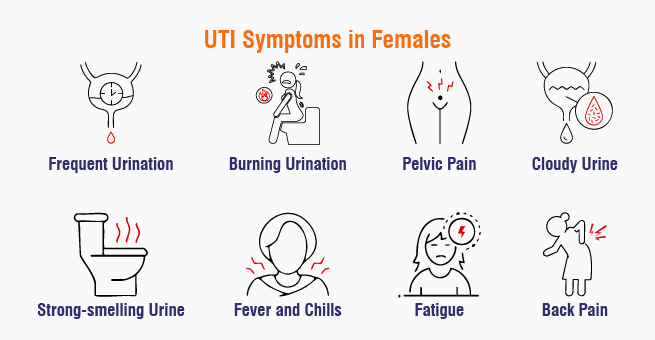
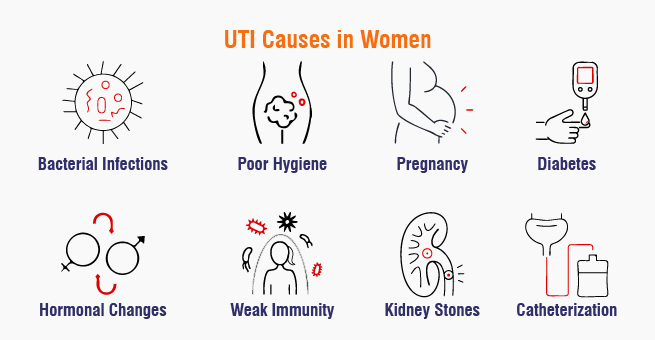


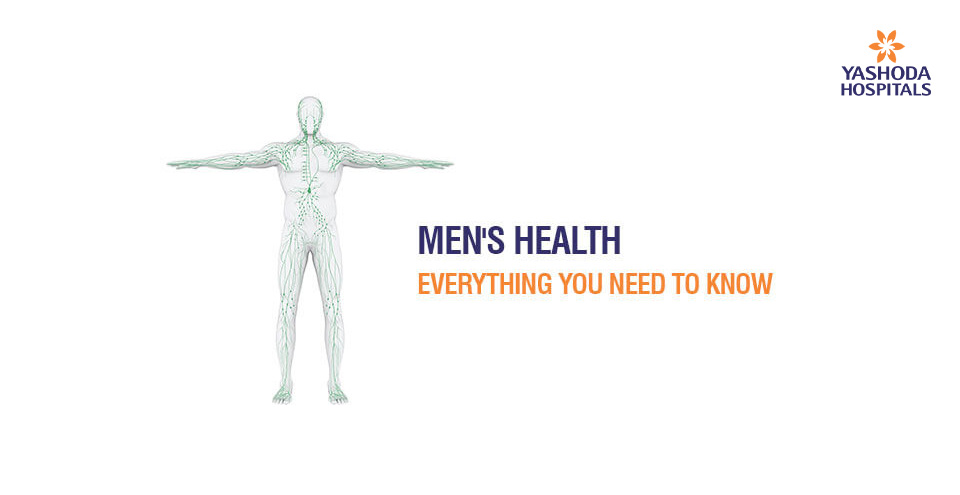

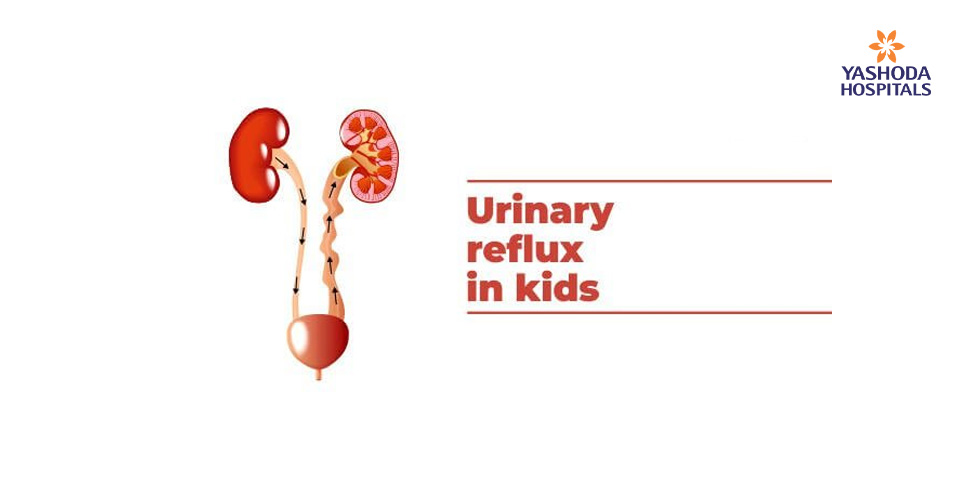
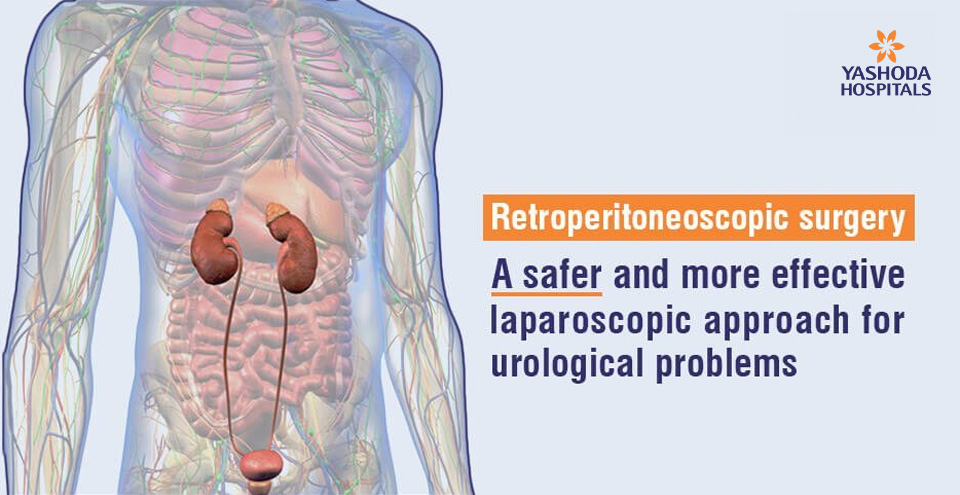
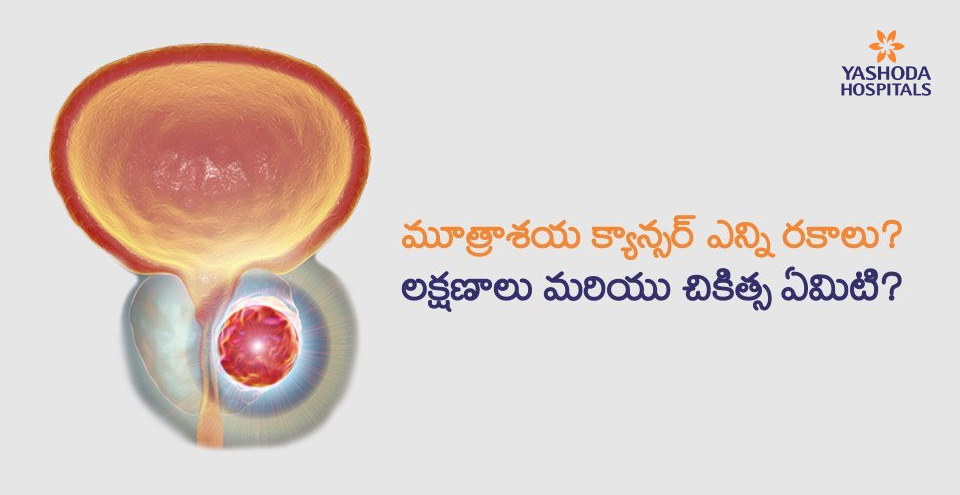
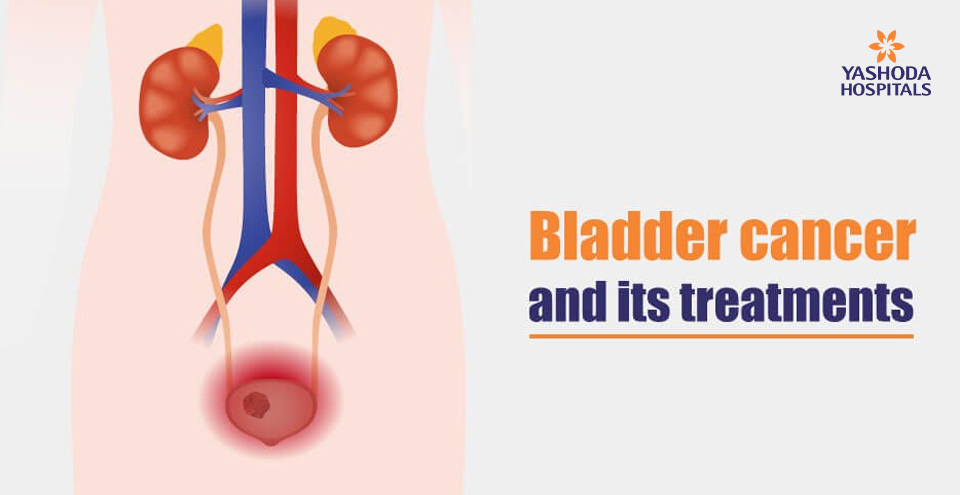

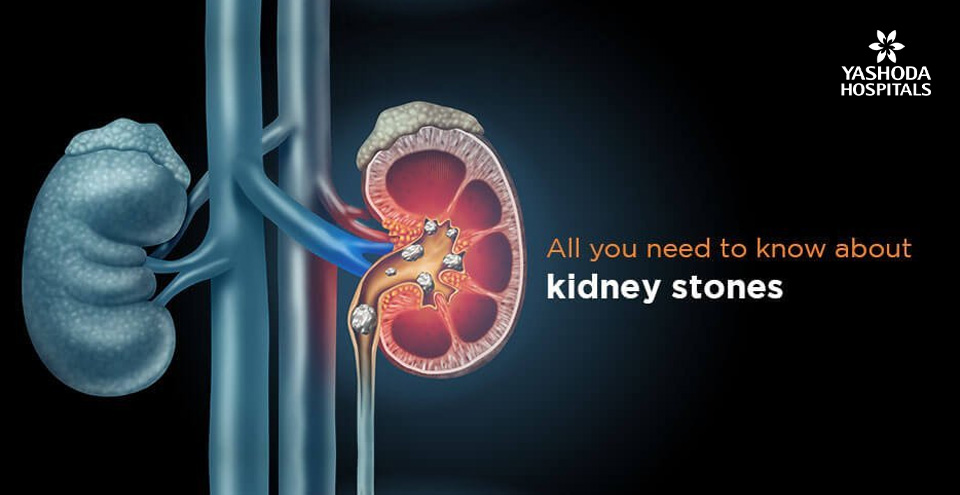
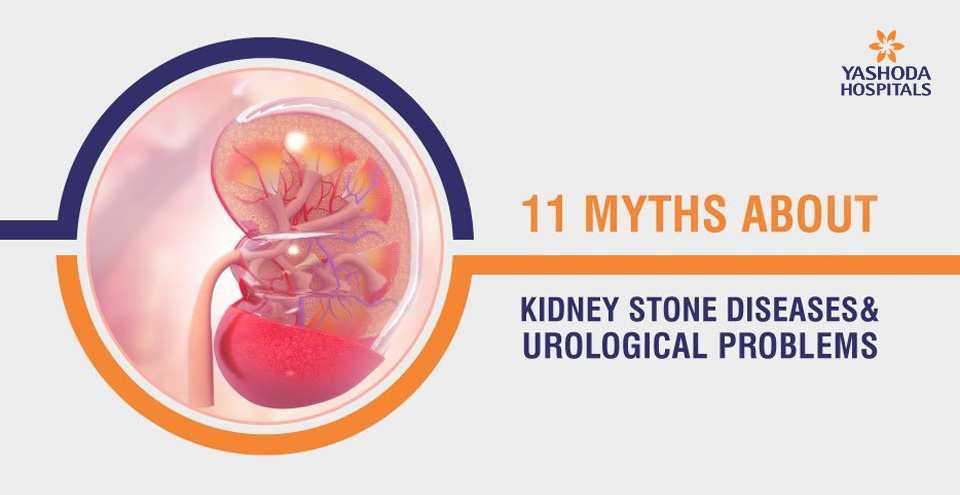
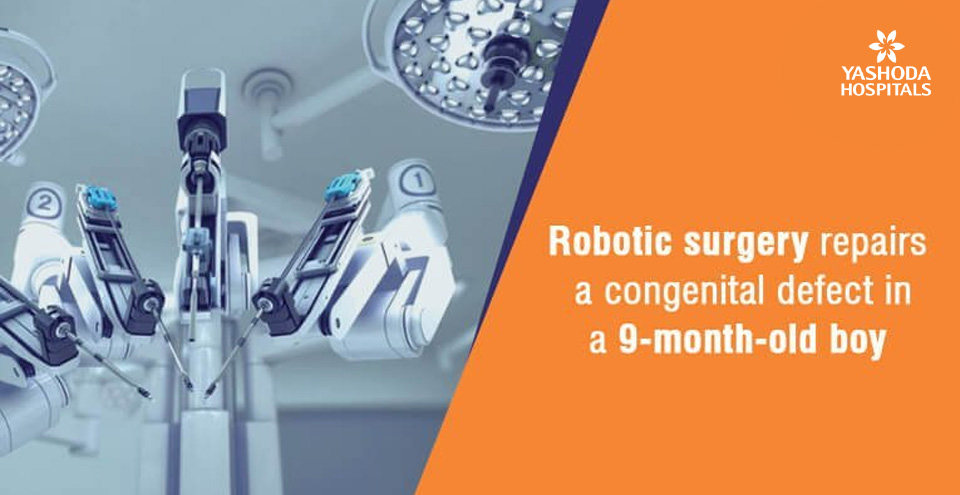





 Appointment
Appointment WhatsApp
WhatsApp Call
Call More
More

